News

Older Black adults who ate more whole grains appeared to have decreased memory loss as they aged, according to a study released Wednesday.
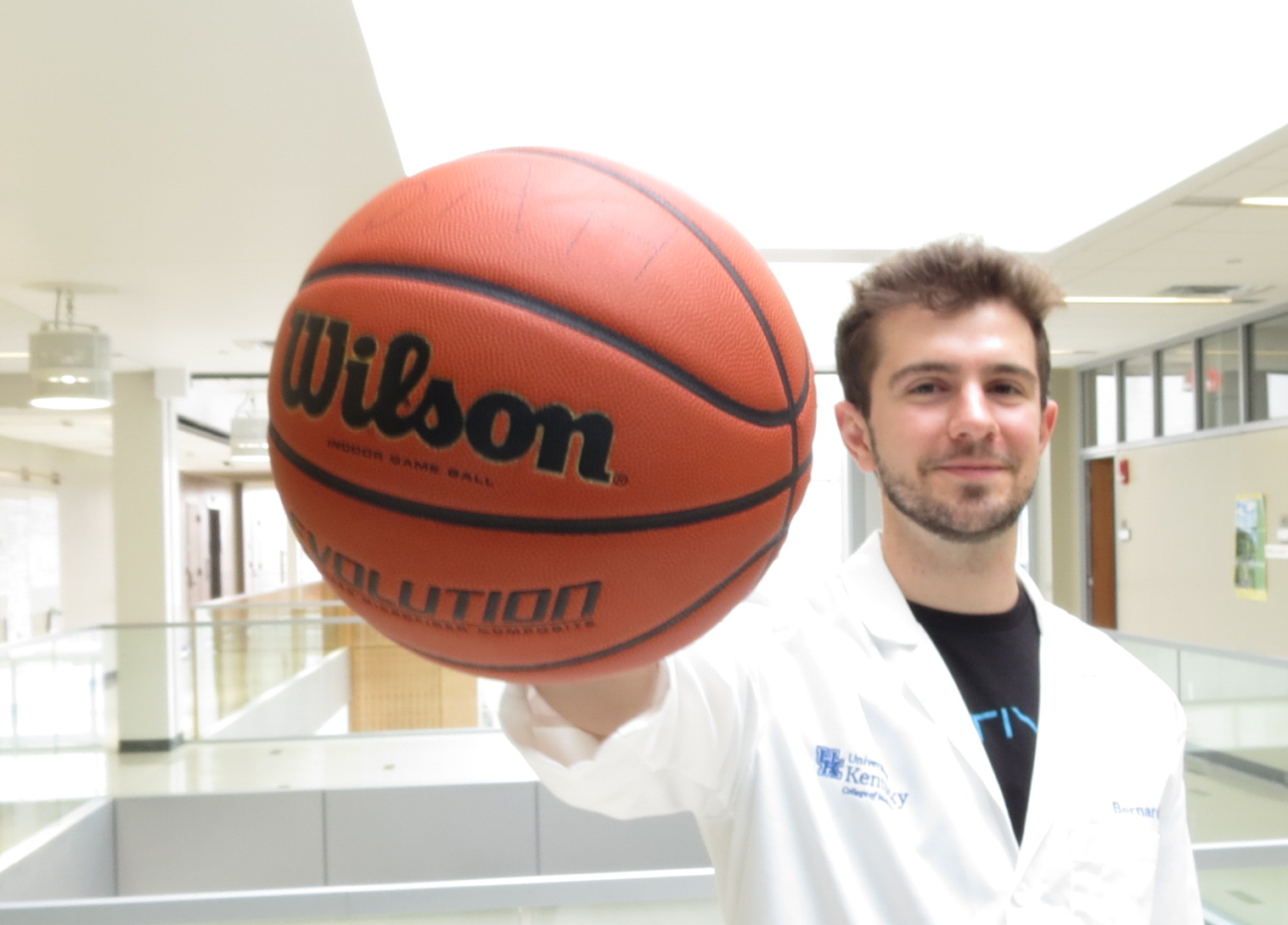
My name is Bernardo Aguzzoli Heberle, and I am a third-year PhD candidate at the Sanders-Brown Center on Aging, working in the lab of Mark Ebbert, PhD. From a young age, I witnessed the devastating effects of Alzheimer's disease on my family. Both of my grandfathers were diagnosed with this cruel ailment when I was around six years old. The toll it took on my loved ones left a mark on me.
My name is Meghana Gazula, and I am a third-year undergraduate majoring in agricultural and medical biotechnology. I am working in the lab of Maj-Linda Selenica, PhD, to study the effects of TDP-43 proteinopathy on brain metabolism and the blood-brain barrier in the context of Alzheimer's Disease (AD) focusing on frontotemporal dementia, and other related dementias.
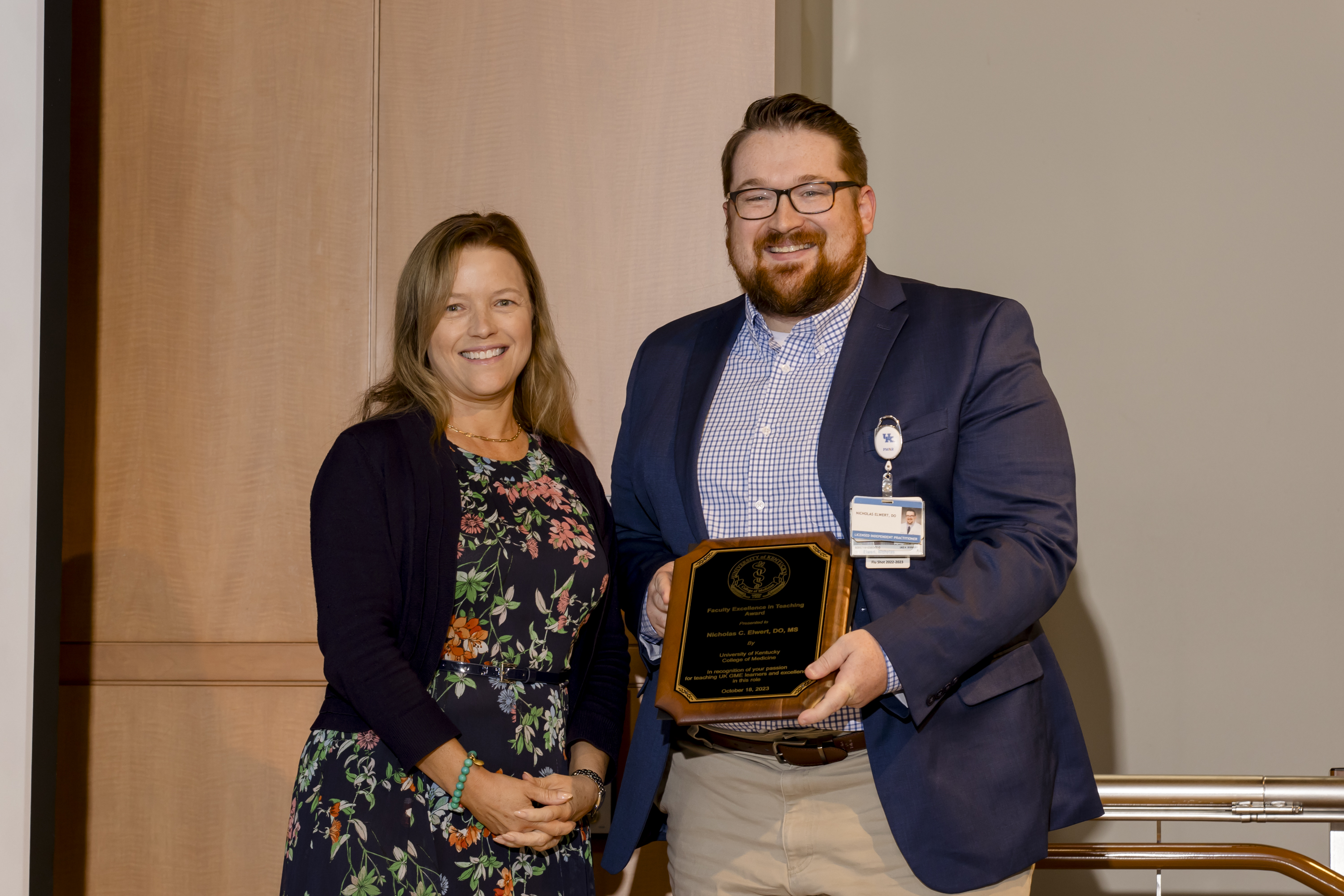
The following individuals were honored at the University of Kentucky College of Medicine Awards Convocation on Wednesday, Oct. 18, 2023. Winners included those in Bowling Green, Lexington, Morehead, and Northern Kentucky.
Biomedical EducationOutstanding Graduate Student Award:
Jamila Tucker, MS
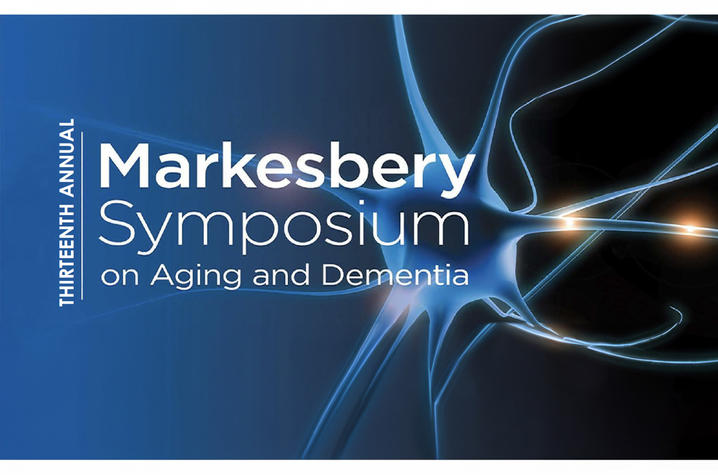
The 13th annual Markesbery Symposium on Aging and Dementia is set for Friday, Nov. 17 and Saturday, Nov. 18. The symposium, hosted by UK’s Sanders-Brown Center on Aging, is named in honor and memory of the late William R. Markesbery, MD, the founding director of Sanders-Brown.
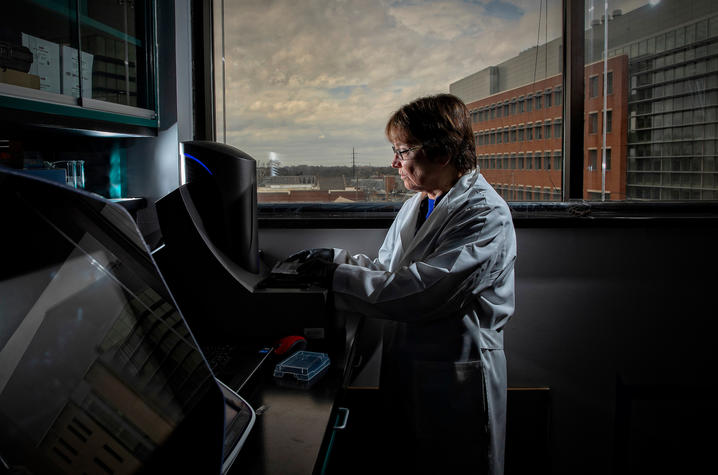
“My mom was the best mom.”
That's how Mallory Martinez describes her mom, Patti Pfiester, to anyone she meets.
“She was my person. If I needed advice about anything, I could talk to her,” said Martinez. “She was just a constant in my life.”

University of Kentucky Human Resources Elder Care, in partnership with the UK Sanders-Brown Center on Aging, is hosting several events for Dementia Caregivers Week, Nov. 7-10. The theme for the week is "Embracing the Dementia Caregivers Journey."

My name is Carrie Johnson and I am a fourth-year PhD candidate at the Sander’s Brown Center on Aging in Dr. Paul Murphy’s lab, and a second-year recipient of the TRIAD T32 fellowship. Our research focuses mainly on Alzheimer’s Disease (AD) and the molecular pathways that are affected by AD pathology.
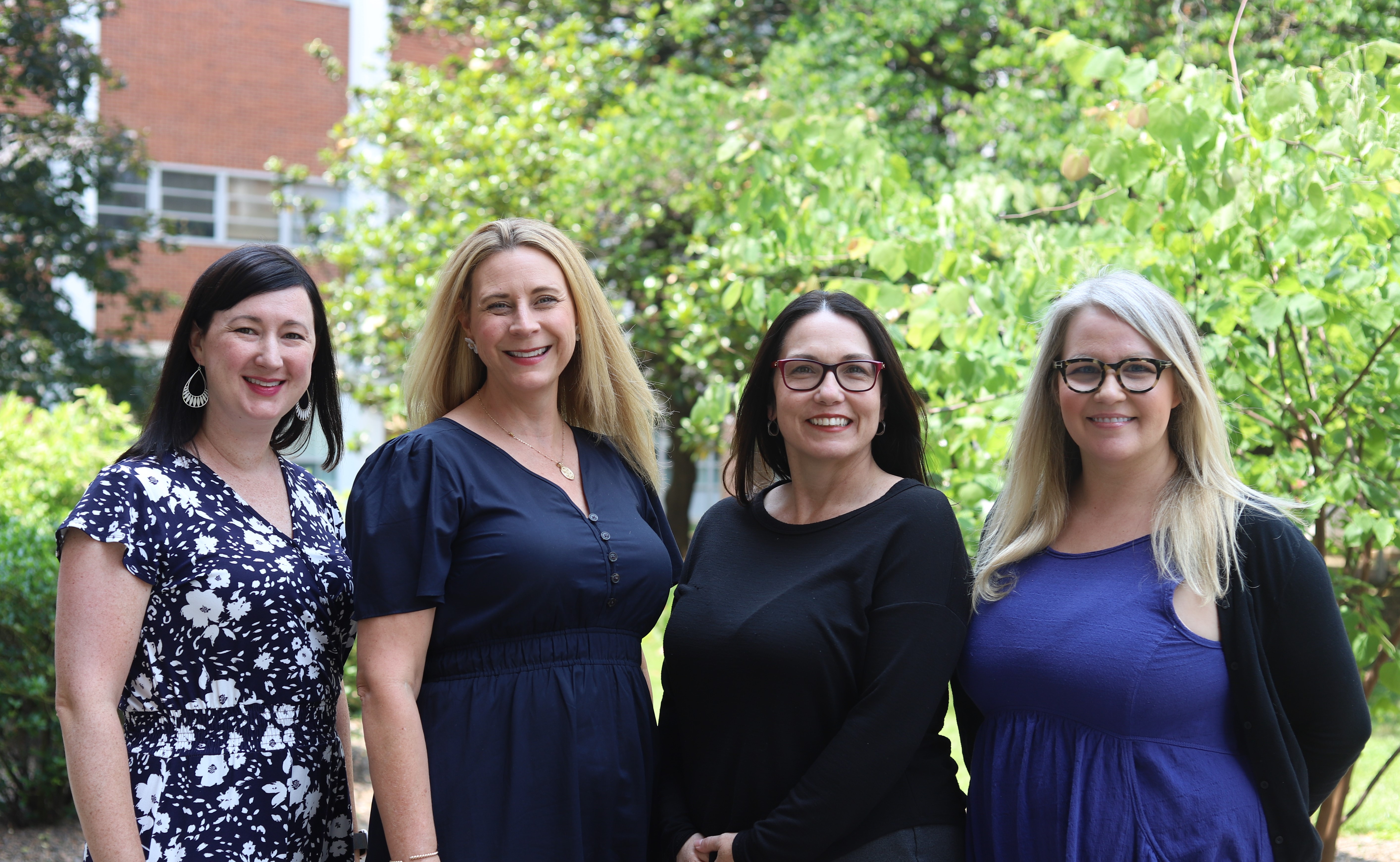
Burnout is a problem in any profession, but it is rampant in health care. This national problem has been evident recently as the COVID-19 pandemic pushed many learners, practitioners, faculty, and staff to the limit.

A report on Alzheimer's disease. Click here to view the video featuring Sanders-Brown faculty.

The University of Kentucky has been awarded a prestigious Centers of Biomedical Research Excellence (COBRE) grant to study central nervous system metabolism from the National Institute of General Medical Sciences (NIGMS), part of the National Institutes of Health (NIH). The $10.6 million, five-year grant will fund UK’s Center of Research in Central Nervous System Metabolism (CNS-Met).
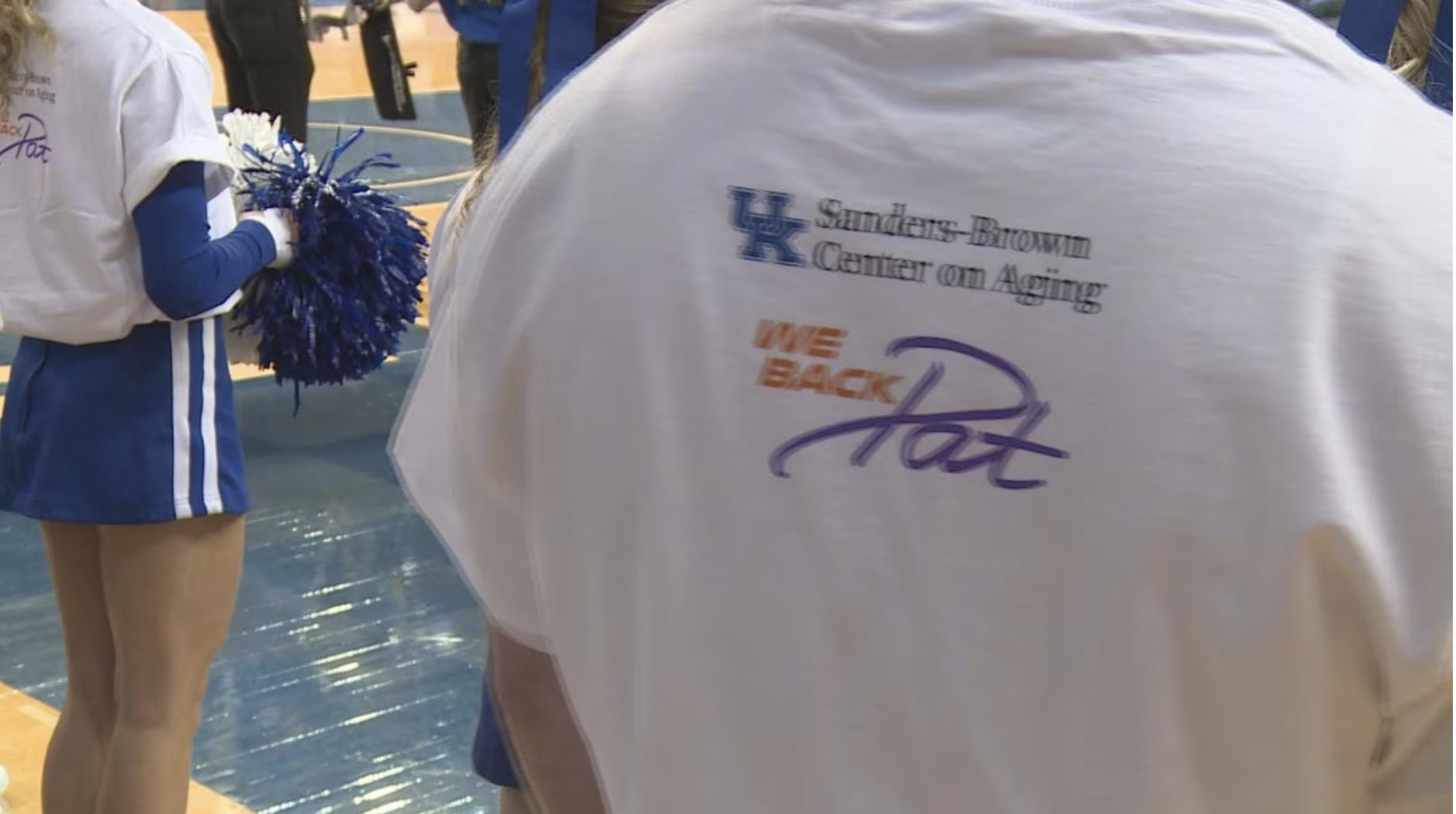
This story was originally published by WKYT here.

This Labor Day, WKYT-TV, is highlighting the world-class work going on at the University of Kentucky’s Sanders-Brown Center on Aging. The Lexington-based CBS affiliate will air a 30-minute special on their second station, The CW, at 6:30 p.m. Monday, Sept. 4.
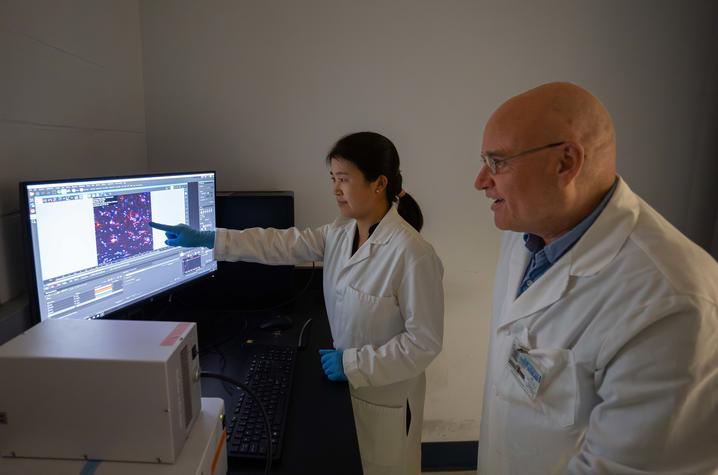
A team of researchers at the University of Kentucky has found that a drug used to treat multiple sclerosis (MS) is potentially effective as a therapy for Alzheimer’s disease.
My name is Rohan Desai, and I am a third-year undergraduate student currently working in the lab Maj-Linda Selenica, PhD, to study the effects of TDP-43 proteinopathy in the multi-etiology of the Alzheimer’s Disease (AD), LATE, and FTD spectrum.
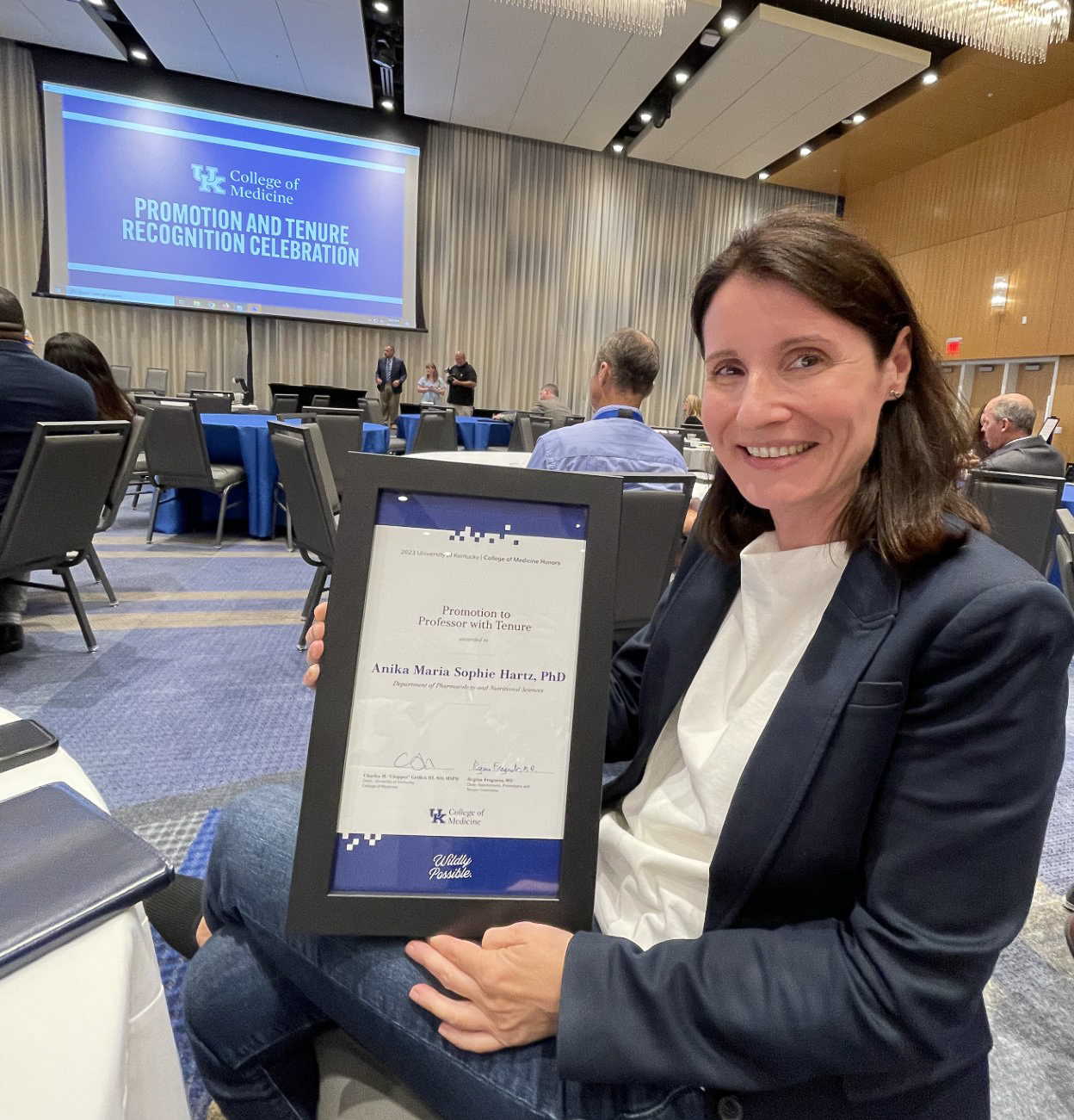
Anika Hartz, PhD, was recently promoted to professor in the UK College of Medicine Department of Pharmacology and Nutritional Sciences. The secret to her success is rooted in her love for science and pursuing groundbreaking discoveries.
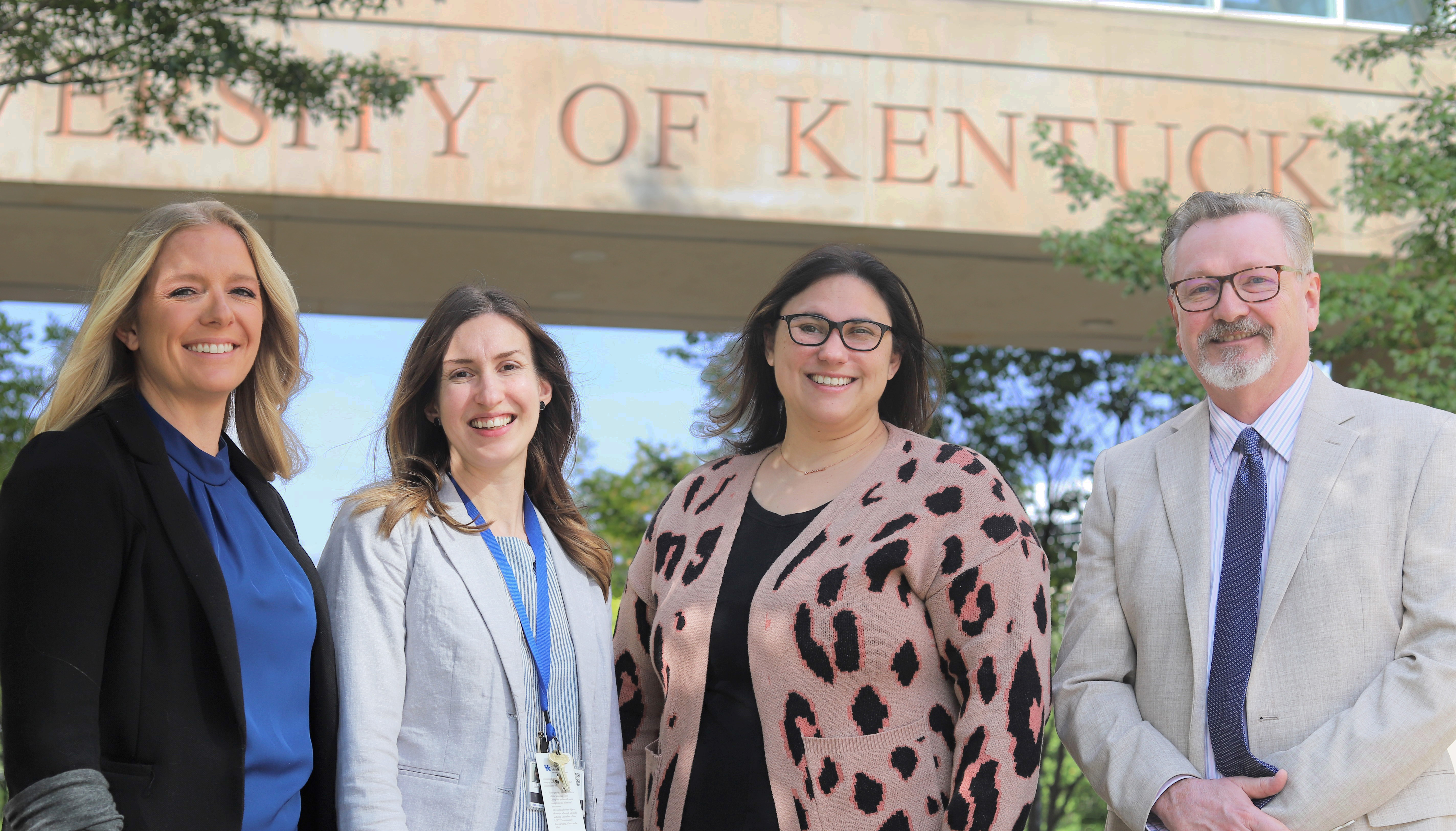
Asked how she copes with the emotional side of her role in palliative care, Abigail Latimer, PhD, MSW, LCSW, puts it simply. “I want to be there for people on some of their hardest days.”

The University of Kentucky College of Medicine is excited to announce that faculty, staff, learners, and trainees will have free access to a leading online resource for medical Spanish proficiency.
CanopyLearn, a Spanish language training program for health care professionals, will be available to the UK College of Medicine community starting Aug. 1.
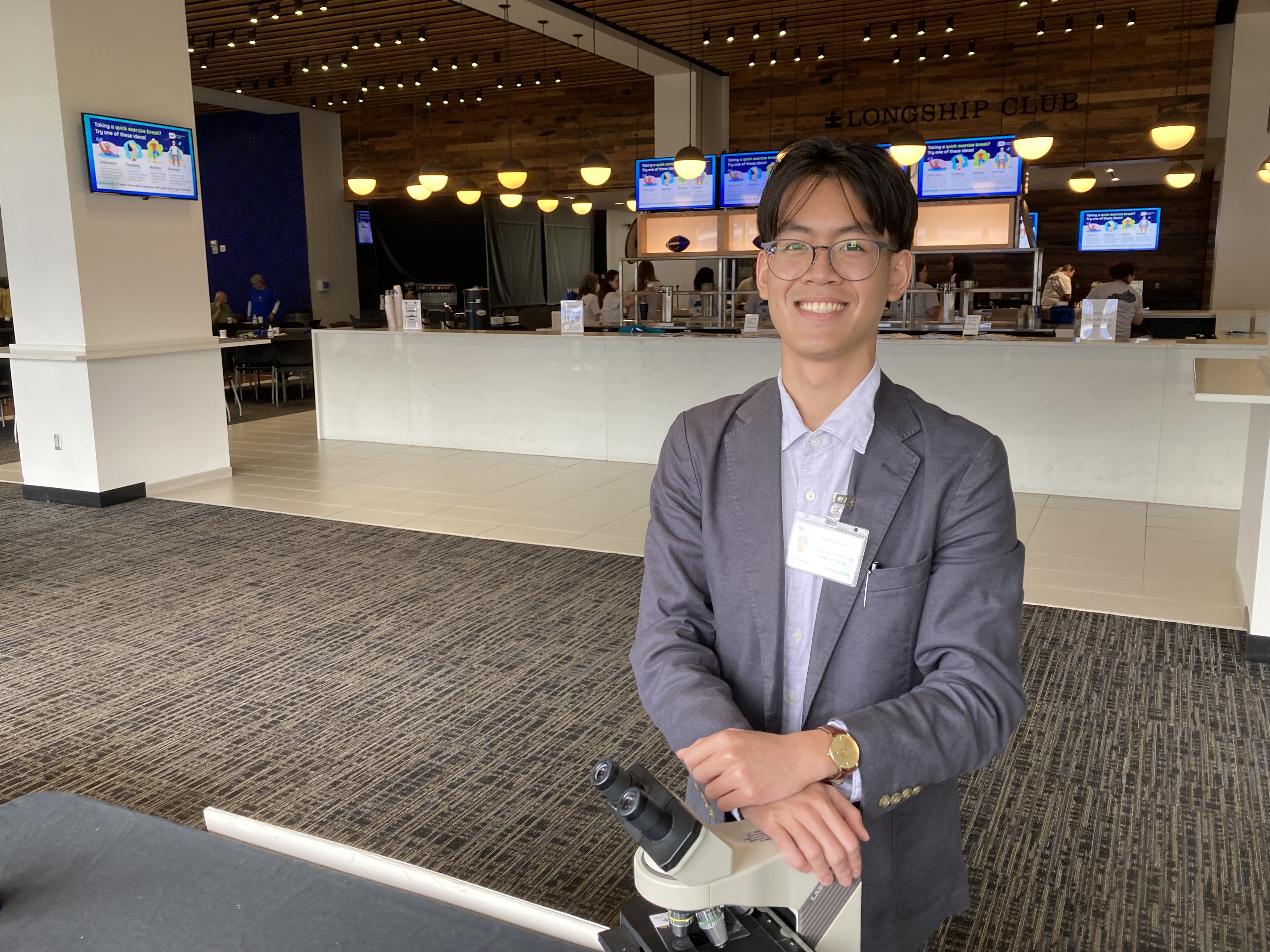
My name is Panhavuth Phe and I am a recent neuroscience graduate from the UK College of Arts and Sciences and am also a graduate of the Lewis Honors College. I have received departmental honors from the UK College of Medicine Neuroscience Department and was recognized as the “Most Valuable Committee Member” for the 2022 NeuroWeek that was organized by the three UK undergraduate neur
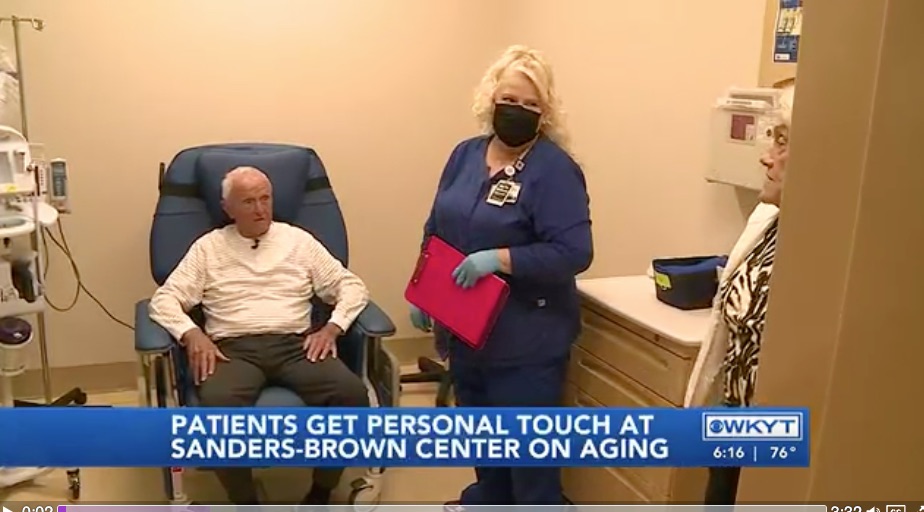
LEXINGTON, Ky. (WKYT) - WKYT is continuing its in-depth look at the work of the Sanders-Brown Center on Aging. The organization, affiliated with the University of Kentucky, employs 125 people. One of them is an RN, and she’s gaining a reputation with her research participants.